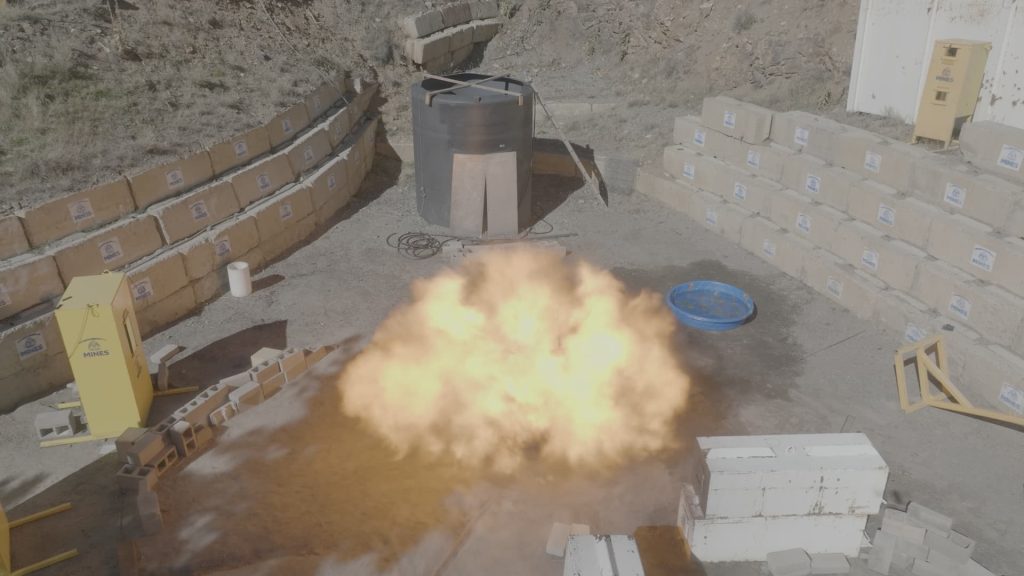The United States is facing a shortage of TNT, a high explosive that is essential to the manufacturing of commercial explosives products, like cast boosters, which are commonly used in the mining and construction industries, according to the Institute of Makers of Explosives, or IME.
“Everything from your cellphone to your laptop to the roads you drive on to work, the homes you live in, just about everything you use on a daily basis started from commercial explosives,” said IME President Clark Mica.
The United States has depended on foreign suppliers of TNT since the mid-1980s, when the last domestic TNT facility shut down largely due to increasingly stringent environmental regulations. TNT production creates hazardous waste that poses risks to human health, according to the Environmental Protection Agency.
However, the war in Ukraine is putting strain on the global defense supply chain.
“It was indeed actually China and Russia who up until just a few years ago were selling TNT directly to the USA. Then the U.S. had to rely a lot on Poland,” said GlobalData senior aerospace, defense and security analyst James Marques. “Now the reality is that Polish company Nitro-Chem is absolutely flooded with orders at the moment, and most of their produce has been going across the border the other way into Ukraine instead.”
TNT, which industry insiders say cost 50 cents per pound in the early 2000s, now can cost upward of $20 per pound. President Donald Trump’s 10% baseline tariffs are also making it more expensive to import TNT, which the U.S. now sources from Turkey, Vietnam, Australia, India and more.
“That means more expensive construction projects, more expensive infrastructure projects, more expensive energy production, all of these things that our economy relies on to continue to grow,” said Mica.
In response to the TNT shortage, Congress awarded defense manufacturer Repkon USA a $435 million contract to design, build and commission an Army-run TNT plant in Graham, Kentucky.
“Today marks the beginning of the return of TNT production to American soil. This history making initiative underscores our commitment to strengthening our national security and reducing reliance on foreign sources for critical materials,” Maj. Gen. John T. Reim said at a news conference last November.
Yet the plant is not estimated to be operational until 2028.
“In the short term, we’re going to have to find supplies to meet the demand,” Mica said.
Other high explosives that might normally serve as viable alternatives to TNT, like RDX, are also in short supply.
“Without these materials, you are unable to mine the critical minerals that are used to make cellphones. You’re unable to mine the aggregates that go into road-based materials. On the energy side, we use commercial explosives in energy production,” said Mica.
Watch the video above to learn more about the global TNT shortage and what’s at stake for consumers.

